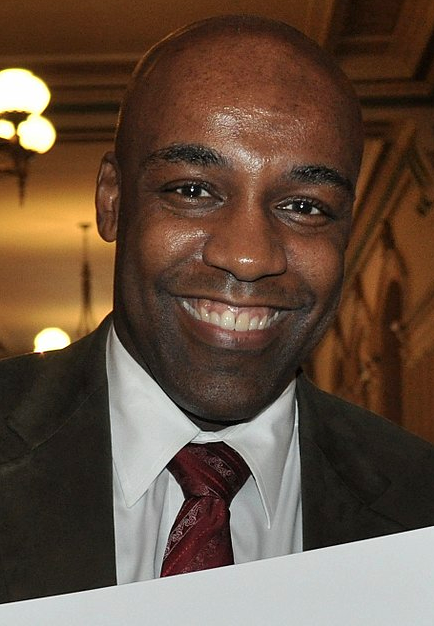 CHICAGO — Attorney General Kwame Raoul, with Washington D.C. Attorney General Karl A. Racine, today led a coalition of 20 attorneys general in opposing Florida’s “pay-to-vote” law that creates barriers to voting for formerly-incarcerated individuals. Florida’s Senate Bill 7066 (SB-7066) requires people to pay all legal financial obligations before they can vote, which disenfranchises citizens long after their release from incarceration.
CHICAGO — Attorney General Kwame Raoul, with Washington D.C. Attorney General Karl A. Racine, today led a coalition of 20 attorneys general in opposing Florida’s “pay-to-vote” law that creates barriers to voting for formerly-incarcerated individuals. Florida’s Senate Bill 7066 (SB-7066) requires people to pay all legal financial obligations before they can vote, which disenfranchises citizens long after their release from incarceration.
Get The Latest News!
Don't miss our top stories and need-to-know news everyday in your inbox.
In an amicus brief filed in Jones v. DeSantis, Raoul and the coalition argue that SB-7066 unlawfully conditions voting on legal financial obligations and does not provide an adequate process for determining the amount owed. Raoul and the coalition note the law disproportionately harms Black and Latino communities and low-income residents.
“Voting is a right. It is not a privilege only for those who can afford to pay a poll tax,” Raoul said. “Pay-to-vote laws are discriminatory and serve mainly to suppress Black and other minority voters. Individuals who have completed their sentences deserve a second chance, which includes having the right to participate in our nation’s democracy. I will continue to fight discrimination in any form, which includes ensuring that people who have completed their sentences regain their fundamental voting rights.”
Felon disenfranchisement in the United States is a remnant of Jim Crow-era voter supression. Studies show allowing former felons to vote benefits both the returning individuals and the communities they rejoin. However, as of 2016, approximately 4.7 million former felons in the United States – about one in every 40 adults – have completed the terms of their incarceration but are denied voting rights.
In 2018, Florida voters approved Amendment 4, a constitutional amendment that automatically restored the voting rights of some felons “upon completion of all terms” of their sentences, “including parole or probation.” In response, in 2019, the Florida Legislature enacted SB-7066, which defined “completion of all terms of sentence” to include legal financial obligations included in the sentence. Following a legal challenge to SB-7066, the district court blocked enforcement of many parts of the law, and the case is now on appeal to the U.S. Court of Appeals for the 11th Circuit. If the court upholds SB-7066, nearly 1 million Florida residents would be unable to vote because they have unpaid legal financial obligations.
In this amicus brief, Raoul and the coalition support the plaintiffs’ challenge to the Florida felon disenfranchisement law because:
Joining Attorneys General Raoul and Racine in filing the brief are the attorneys general of California, Colorado, Connecticut, Delaware, Hawaii, Maryland, Massachusetts, Michigan, Minnesota, Nevada, New Jersey, New Mexico, New York, Oregon, Pennsylvania, Vermont, Virginia and Washington.
More like this:
Send your news tips to news@edglentoday.com or on twitter @EdGlenTodayNews

